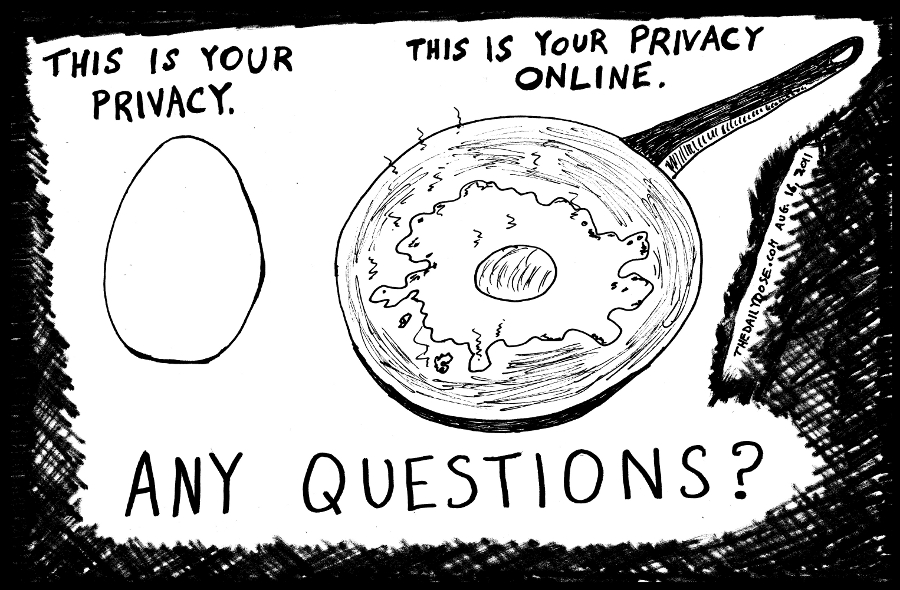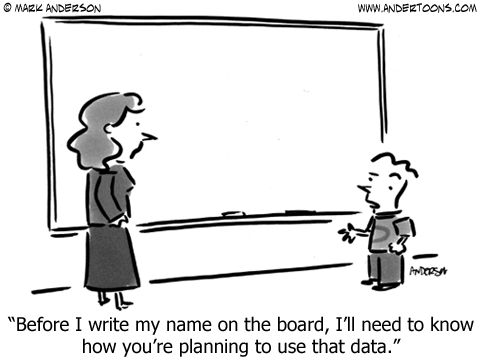
Did you know that until recently Uber could track you for 5 minutes after you end your ride?
We all live in a digital world which is highly advance and rapidly changing. Digitization has indeed made our lives simple by assisting in our day to day activities. Talking with someone on the other side of the world is now only a few clicks away. Living without using these technology is almost inevitable, as most day to day functions are integrated with IT. It is fair to say that we are connected and exposed to the digital world one way or the other and the rise of social networking has changed the way we interact with our friends, family members, etc. The impact of Facebook can be easily understood by the following figures;
- 01 Billion active users.
- 136,000 Photos are uploaded per second.
- The most interesting fact, 83 million fake profiles.
Cyber Identity
A few years ago, other than basic information such as our name and age, people were reluctant to share any contact details such as email and phone number. However, as the world became more “Online”, personal privacy got more transparent than it used to be. In the beginning it didn’t feel like a threat, but the gradual rise of hacking and data breaching made clear that there is a possible danger to our Cyber Identity. For Identity Thieves it is pretty easy to steal someone’s personal data and imitate that person online. This can be clearly seen from the above statistic regarding the number of fake profiles in Facebook, and this is prevalent in other social networking sites as well. This is extremely dangerous as sensitive data such as emails, passwords, credit card numbers, pins and bank details can easily be compromised this way. These stolen details can then be used to do many illegal things from messaging your friends to stealing money from your bank account.
Online Shopping
Online Shopping is becoming increasingly popular, and it is shown through the competitiveness of the service providers such as Amazon, eBay and Alibaba. Furthermore, the number of small businesses going online is only increasing. Even though buying goods in just a few clicks sounds simple, the amount of data gathered through the process is significant. Most of us enter Credit/Debit card details into such websites. Once they are entered, there is not much we can do to protect them from hackers.
Advertising through consumer behavior
Google and Facebook are the leading suppliers of consumer behavior to advertisers and corporations. This information is then used to direct their marketing campaign, which from the user’s point of view is a headache. Everyone hates to see advertisements, especially advertisements which can reveal our preferences. This shows how much the advertisers know about our online behavior and can be seen as a threat to our privacy.
Protecting data

So how can we protect our data from these cyber threats? The key is to understand the risks that come with being “Online”. Understanding why a particular website asks for our details and what we should enter will help to limit the number of sensitive details we enter into such websites. Furthermore, knowing about the security methods that can be used to protect the data in our PCs and also our social network accounts will help to reduce the threat of data piracy and theft. Governments around the world are also becoming aware of this matter.
Recently, the Indian Government made the Right to Privacy a fundamental right, enabling citizens to sue the related parties if their privacy has been violated, be it a private organization or even the Government! Future Consumer and Digital Laws in every country should be made to address such issues, thus blocking the loopholes in the Cyber security.
The E-World is becoming interesting and innovative day by day and facilities such as Artificial Intelligence(AI), Digital Payment Schemes, Cloud Technology, Smart Houses and other Smart technologies would definitely make the future lifestyle hassle-free, but such Technological power comes with great responsibility. Proper procedures should also be introduced to reduce the chance of online privacy issues.
Here’s a few tips to keep in mind the next time you open your browser!
- Do an assessment of your online activities.
- Install the latest antivirus software on all your devices.
- Use a personal Virtual Private Network (VPN).
- Be careful what you share on social networking sites.
- Follow these email security rules;
- Exercise caution when opening emails, clicking on links, or downloading attachments
- Do not download any attachments if the email seems suspicious, even if the email is from the person that you know
- Lastly, use a secure email service.
- Make sure shopping sites are secure.
- Use strong passwords.
- Delete or clear the tracking cookies.
- Make sure the top of your browser reads HTTPS instead of HTTP in the URL bar whenever you are sending or receiving data (this ensures that the path to the destination server is secure).
Computer Emergency Readiness Team or CERT (http://www.slcert.gov.lk) is available for all the issues regarding the Cyber security and Privacy issues.
Rtr. Ashen Hirantha
